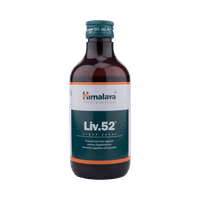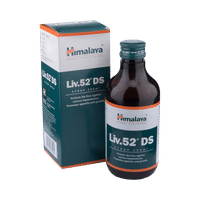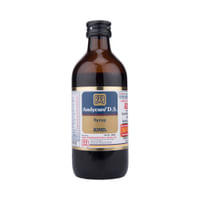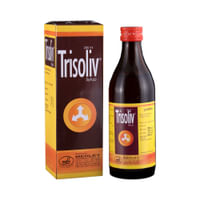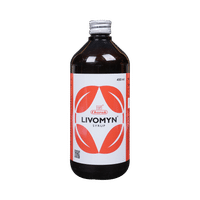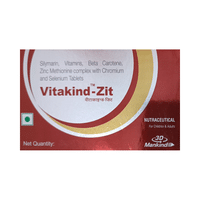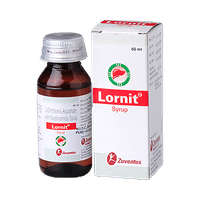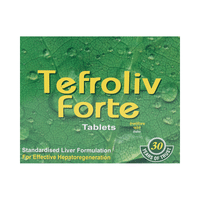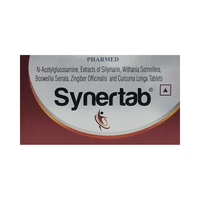Rafix Tablet

Rs.242for 1 strip(s) (10 tablets each)
food interaction for Rafix Tablet
alcohol interaction for Rafix Tablet
pregnancy interaction for Rafix Tablet
lactation interaction for Rafix Tablet
food
alcohol
pregnancy
lactation
Rafix Tablet may be taken with or without food, but it is better to take it at a fixed time.
None
None
CAUTION
It is not known whether it is safe to consume alcohol with Rafix Tablet. Please consult your doctor.
CONSULT YOUR DOCTOR
Rafix Tablet may be unsafe to use during pregnancy. Although there are limited studies in humans, animal studies have shown harmful effects on the developing baby. Your doctor will weigh the benefits and any potential risks before prescribing it to you. Please consult your doctor.
CONSULT YOUR DOCTOR
Rafix Tablet is probably safe to use during breastfeeding. Limited human data suggests that the drug does not represent any significant risk to the baby.
SAFE IF PRESCRIBED
SALT INFORMATION FOR Rafix 400mg Tablet
Rifaximin(400mg)
Rafix tablet uses
{med_name} is used for hepatic encephalopathy and infectious diarrhea.
How rafix tablet works
Rafix Tablet is an antibiotic. It works by killing the ammonia-producing bacteria in the digestive tract. This treats your infection and relieves symptoms of hepatic encephalopathy (agitation, confusion, muscle problems). This also helps reduce the recurrence of episodes of hepatic encephalopathy.
Common side effects of rafix tablet
Headache, Dizziness, Nausea, Fever, Skin rash, Anemia (low number of red blood cells), Abdominal pain, Peripheral edema, Ascites (accumulation of fluid in the abdominal cavity), Fatigue, Depression, Nasopharyngitis (inflammation of the throat and nasal passages), Muscle spasm, Joint pain, Increased alanine aminotransferase, Breathlessness, Pneumonia, Rash, Muscle pain
SUBSTITUTES FOR Rafix Tablet
249 Substitutes
249 Substitutes
Sorted By
 Rs. 381.70pay 43% more per Tablet
Rs. 381.70pay 43% more per Tablet Rs. 399pay 60% more per Tablet
Rs. 399pay 60% more per Tablet Rs. 469.55pay 86% more per Tablet
Rs. 469.55pay 86% more per Tablet Rs. 444pay 78% more per Tablet
Rs. 444pay 78% more per Tablet Rs. 420.33pay 48% more per Tablet
Rs. 420.33pay 48% more per Tablet
Expert advice FOR Rafix Tablet
- Rifaximin reduces the risk of overt hepatic encephalopathy (HE) recurrence in patients with liver disease.
- It may cause reddish discoloration of urine. This is normal and harmless.
- Stop taking Rifaximin and inform your doctor if you have severe diarrhea during or after using Rifaximin.
- Finish the full course of the medication, even if you feel better.
Frequently asked questions FOR Rafix 400mg Tablet
Rifaximin
Q. Should I take Rafix Tablet with food?
Yes, Rafix Tablet can be taken orally with or without food with a glass of water. Take it as prescribed by your doctor for the exact period of time.
Q. What does Rafix Tablet do for the liver?
In liver disease, there is an increased growth of bacteria in the intestine which increases the load of toxins travelling through the body. This further increases the possibility of toxins reaching the brain which can cause abnormal brain function. Rafix Tablet slows down the growth of bacteria in the gut, decreasing the symptoms in cases of liver disease.
Q. Can Rafix Tablet cause weight gain?
Usually Rafix Tablet does not cause weight gain. However, in case you feel there is an increase in weight, you should consult your doctor to determine the reason of weight gain.













